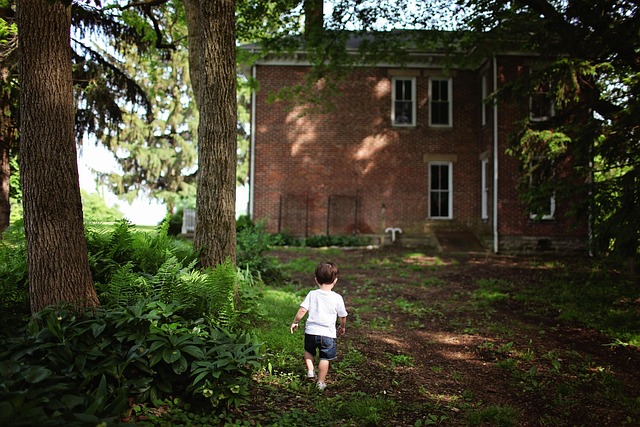Before tackling your first DIY home renovation, assess your skills, start small, research thoroughly, consult experts for complex tasks like electrical work, plumbing, and structural changes, gather necessary tools, learn basic techniques if needed, set clear goals, consider measurements, budgeting, and design elements, and create a detailed plan to ensure a successful and rewarding experience.
Embarking on your first home project can be both exciting and daunting. This guide offers practical advice tailored for DIY enthusiasts tackling their inaugural DIY home renovation venture. By assessing your skills, setting realistic expectations, and planning meticulously, you’ll ensure a successful transformation. Prioritizing safety and adopting efficient techniques will not only enhance the outcome but also foster a sense of accomplishment. Get ready to dive into a world of creative possibilities with these essential tips for DIY home renovation.
Assess Your Skills and Set Realistic Expectations
Before tackling your first home project, it’s crucial to assess your own skill set and have realistic expectations. DIY home renovations can vary greatly in complexity, from simple painting tasks to intricate plumbing or electrical work. Take time to evaluate what you’re comfortable doing yourself and where you might need professional help. This self-awareness will save you time, money, and potential frustration.
Setting realistic expectations is equally important. Remember that your first project doesn’t have to be a perfect transformation—it’s about learning, gaining experience, and enjoying the process. Don’t bite off more than you can chew; start with smaller projects that align with your current abilities. As you gain confidence and skills, gradually take on more challenging DIY home renovation tasks.
– Understanding your capabilities and limitations
Before tackling your first DIY home renovation, it’s crucial to assess your capabilities and limitations. Start by considering your previous experience with tools and construction projects. If you’re a novice, begin with smaller, less complex tasks like painting or hanging shelves to build confidence and familiarity with basic techniques. Online tutorials and how-to guides can be invaluable resources for learning new skills and understanding the process.
Recognizing your limitations is equally important. While DIY projects encourage self-reliance, there are certain tasks that may exceed your skill set or pose safety risks. In such cases, don’t hesitate to seek professional help or consult experienced friends. Remember, a successful DIY home renovation involves knowing where to draw the line and when to collaborate with others for optimal results.
– Identifying areas where you might need professional help
When tackling your first home project, it’s crucial to recognize that not all tasks are suitable for DIY enthusiasts. Certain areas within a DIY home renovation may require professional expertise to ensure safety and quality. Electrical work, plumbing, and structural modifications are just a few examples where seeking professional help is advisable. Even if you have the best intentions and resources, these aspects can be complex and risky to attempt without proper training.
Identifying your limitations and understanding when to hire professionals is essential for a successful project. Many DIY enthusiasts often underestimate the challenges of specific tasks, leading to potential hazards or subpar results. Therefore, it’s beneficial to research, consult experts, and gain a clear understanding of your capabilities before embarking on any home renovation endeavor.
Plan and Prepare Before You Start
Before you begin your first DIY home renovation project, take the time to plan and prepare. Start by assessing the space you want to transform and setting clear goals for what you hope to achieve. Consider both the practical aspects—like measuring dimensions, creating a budget, and sourcing materials—and the creative elements, like choosing colors, finishes, or design features that speak to your personal style.
Creating a detailed plan will not only ensure a smoother process but also help you avoid costly mistakes down the line. Gather all the necessary tools and supplies, familiarize yourself with basic DIY techniques if needed, and research any permits or regulations related to your project. A well-prepared approach sets the foundation for a successful and rewarding DIY home renovation experience.
Embarking on your first DIY home renovation can be thrilling, but it’s crucial to approach it with a clear plan. Assess your skills honestly, set realistic expectations, and don’t hesitate to seek professional help where needed. By thoroughly planning and preparing beforehand, you’ll not only enhance the outcome of your project but also ensure a smoother, less stressful experience. Remember, successful DIY projects start with smart preparation.
